How credible are elections in Canada?
There is a call for election rules to be determined by an independent citizens' assembly rather than politicians.
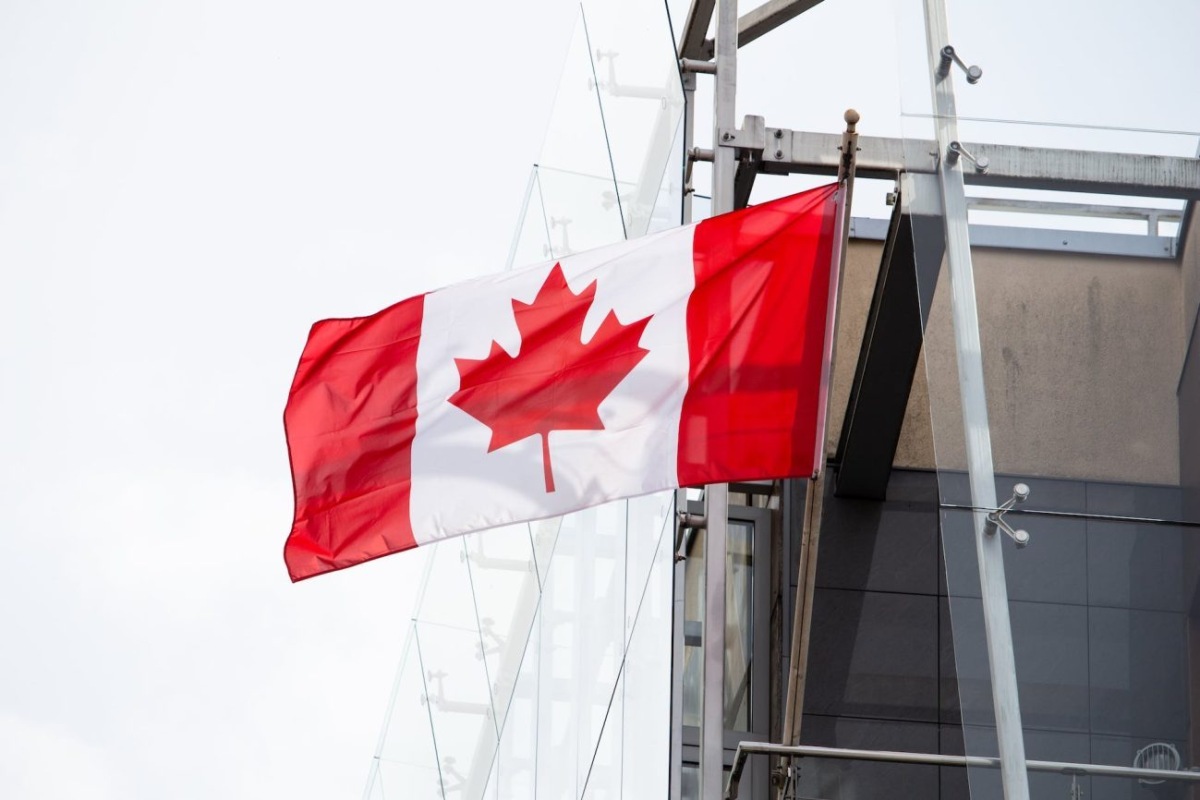 Stock image. / Pexels
Stock image. / Pexels
Holding a free and fair election is increasingly becoming a subject of animated debate worldwide. While Opposition parties in India have been raising their fingers over the credibility of the Electronic Voting Machines (EVMS), the results of several ridings—constituencies—of the just-concluded federal elections in Canada have become disputed.
An increasing number of disputes, recounts and judicial reviews have put a big question mark over the credibility of the present election process in Canada. It is one reason that a group, the Longest Ballot Committee, placed 85 of the 91 names on the Carleton ballot in April, none receiving more than 57 votes. From this riding, the Leader of the Opposition, Pierre Poilievre, lost to his Liberal opponent by more than 4500 votes. The group's objective has been to draw national attention to Canada's need for electoral reform.
In an emailed statement, the group argued that election rules should be determined by an independent citizens' assembly rather than politicians. "It would benefit voters if politicians recused themselves and passed decisions about election rules to a permanent, independent and non-partisan body," the email stated.
The committee has also called for supporters to register by May 12. If 200 people sign up, the group says it will take steps to replicate its ballot-lengthening strategy in the upcoming Alberta byelection, from which Pierre Poilievre is scheduled to stage a comeback to the House of Commons through a byelection called at one of the shortest notices ever of the completion of a regular election.
During the Carleton election, the unprecedented number of candidates led to logistical headaches for Elections Canada. Ballots had to be specially printed and measured nearly a metre in length, which caused delays in counting. Advance votes had to be tallied six hours before polls closed, and the final count was not completed until the following day.
Also on the dispute list is the seat of Milton East-Halton Hills, from where Parm Gill was initially declared elected on the Conservative ticket. After validation, the result was altered, and Parm Gill was relegated to second spot with 29 votes short of his Liberal opponent. Now, Parm Gill has asked for a judicial count.
At least half a dozen ridings are in the process of getting their results reviewed. Prime facie, a major beneficiary of these reviews would be the ruling Liberals, which is expected to inch closer to a near majority from its earlier position of 168 seats in a House of 343.
Interestingly, talk of a vacancy has already started even before Elections Canada formally ratifies the results.
The Leader of the Opposition in the 44th House of Commons, Pierre Poilievre, who lost the April 28 election to his Liberal opponent, Bruce Fanjoy, by 4315 votes, is expected to return to the House of Commons by contesting a byelection from Battle River—Crowfoot. Conservative candidate Damien Kurek has offered to resign his newly won seat to make room for his party leaders' return to Parliament. Kurek, re-elected with more than 82% of the vote, will step aside once officially sworn in, thus clearing the way for one of the quickest byelections held in the shortest span after the regular polls.
Prime Minister Mark Carney has already stated that he will quickly call the byelection, which could be triggered as soon as 11 days after Kurek's resignation becomes official. The campaign period would then run between 36 and 50 days. Normally, the Prime Minister can delay a byelection for 180 days after a seat is declared vacant.
Byelection to facilitate the return of the Leader of the Opposition to the House of Commons apart, some results have been either already altered after "validation', or recounts have been necessitated in a few others. Legal adjudication has come into play in a couple of cases, leading to recounts after a judicial review. There is a beehive of political parties that in some way affect the political boat of the ruling Liberals. They have been gradually gaining in strength and are nearly touching the majority mark of 172.
Unlike India, Canada does not use Electronic Voting Machines for its polls. Instead, the traditional ballot paper is still used. Votes are counted immediately after the end of polling. Advanced polling and postal ballots supplement voting on the day of polling.
In India, the Election Commission decides polling dates. In Canada, the Prime Minister orders not only federal polls but also byelections if a vacancy arises for any reason. It is the Prime Minister's discretion to order a poll anytime within 180 days of a seat being declared vacant in the Canadian House of Commons.
Elections Canada says the seat for the Quebec riding of Terrebonne has flipped from the Bloc Québécois to the Liberals by a single vote after the results of a judicial recount. A judicial recount is ordered if the difference between the number of votes cast for the candidate with the most votes and the number of votes cast for any other candidate is less than one one-thousandth (1/1000) or 0.1 per cent of the valid votes cast.
The Chief Electoral Officer of Canada called for a judicial recount on May 7 after results showed Bloc Québécois incumbent MP Nathalie Sinclair-Desgagné had defeated Liberal candidate Tatiana Auguste by 44 votes.
Auguste was originally declared the winner one day after election day. However, the vote flipped to the Bloc during the validation process, which is different from a recount.
Following the recount, Auguste has 23,352 votes, while Sinclair-Desgagné is shown with 23,351 votes. A one-vote margin gives the Liberals their 170th seat in the House of Commons, with the Bloc Québécois now down to 21.
Recounts have also been ordered for Milton East-Halton Hills South, where the validation process flipped the riding in the Liberals' favour by just 29 votes. That recount will begin on May 13.
A recount is also set to take place on May 12 in the Newfoundland and Labrador riding of Terra Nova-The Peninsulas, where the Liberals were declared the winner by just 12 votes.
A third recount will begin on May 20 in the Ontario riding of Windsor-Tecumseh-Lakeshore after the Conservative candidate was declared the winner by just 77 votes.
Even if the Liberals flip the Ontario riding, they will still be one seat short of the 172 required for a majority government.
ADVERTISEMENT
ADVERTISEMENT
E Paper
Video




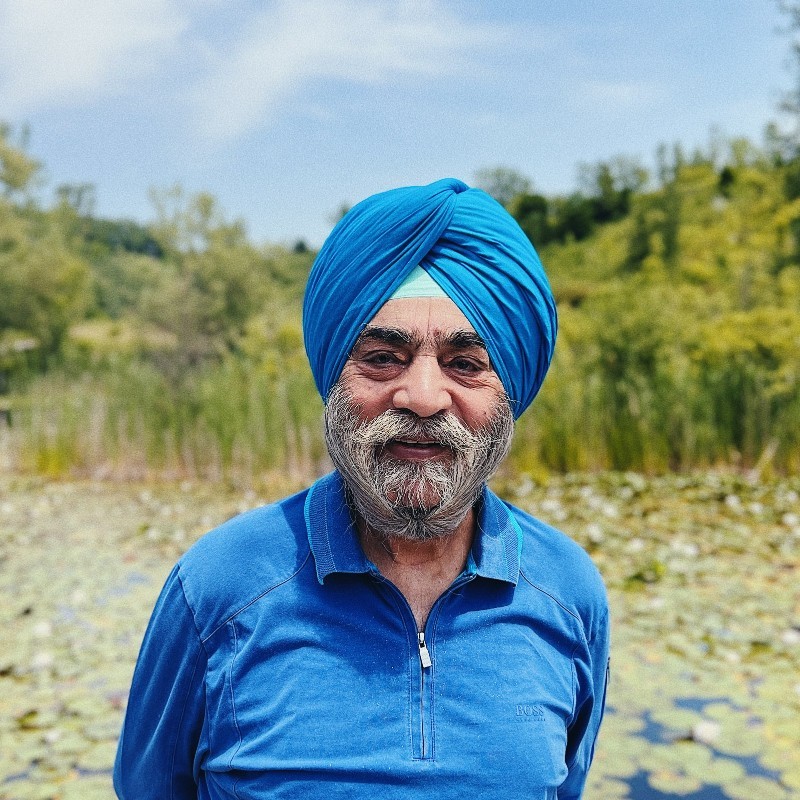 Prabhjot Paul Singh
Prabhjot Paul Singh
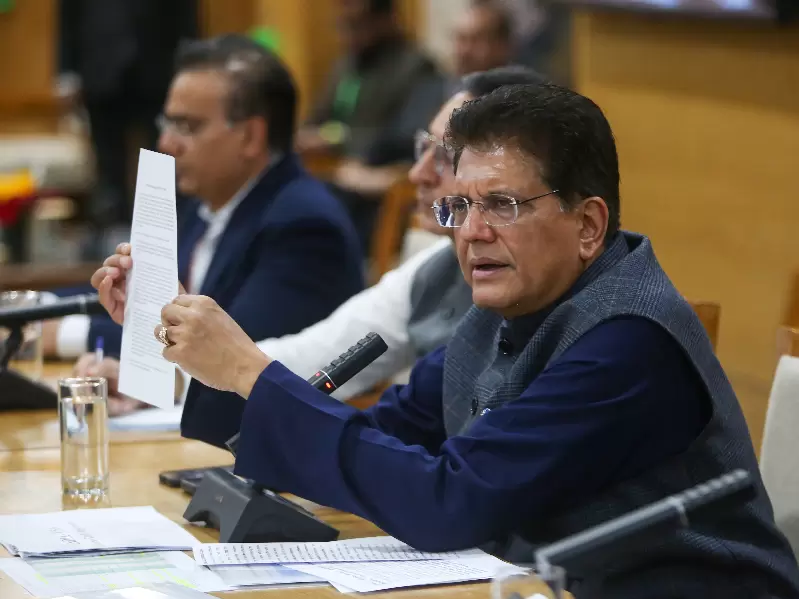


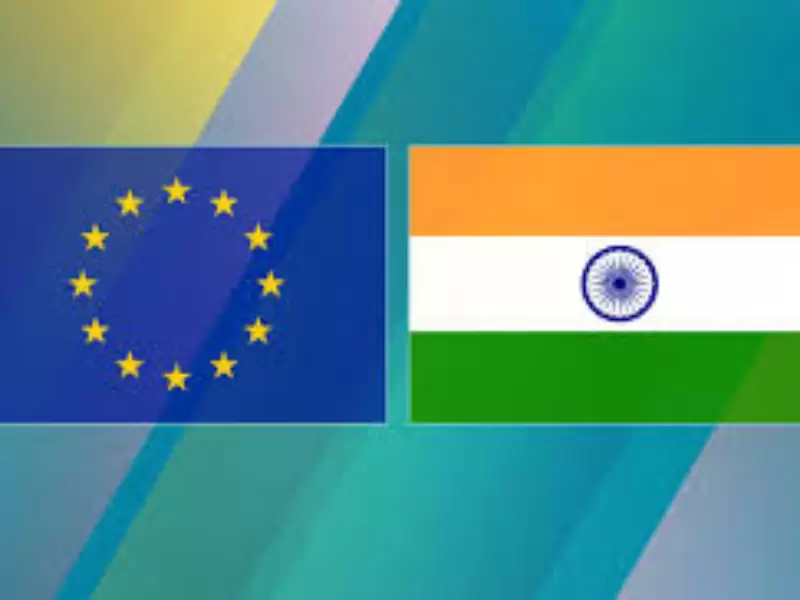
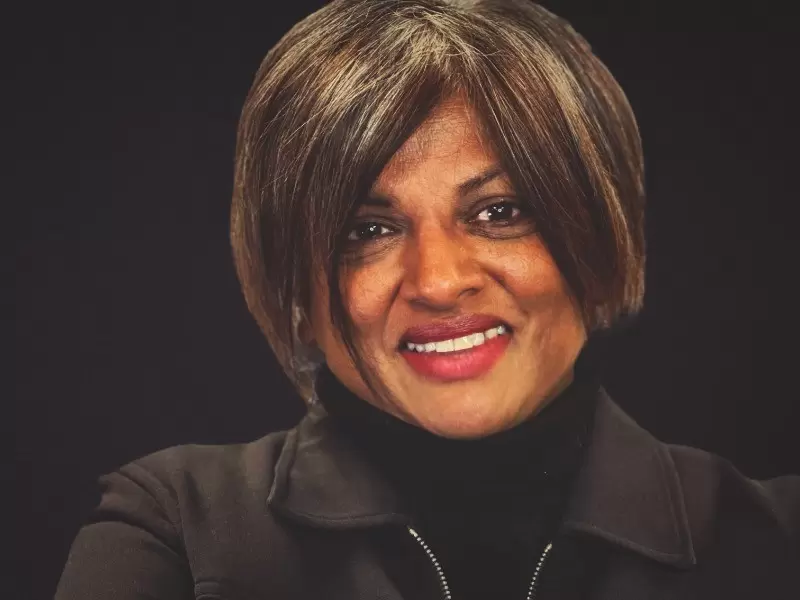
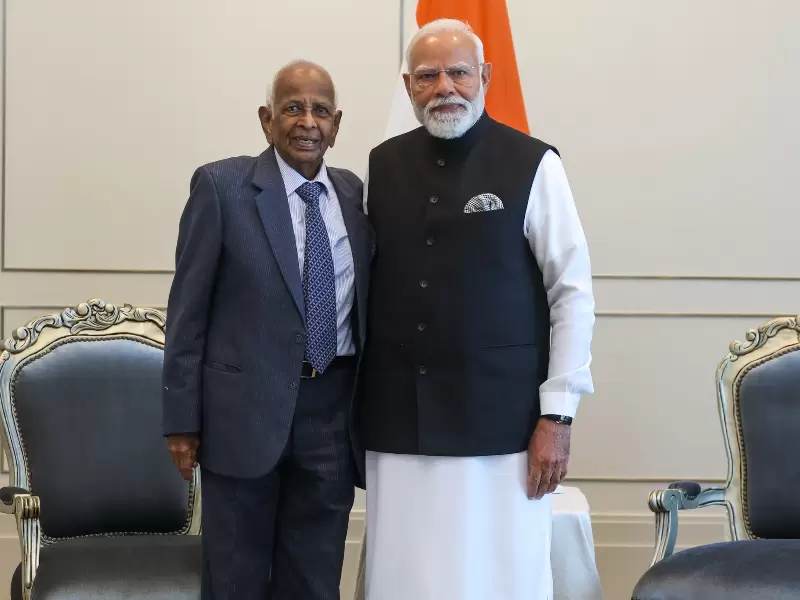


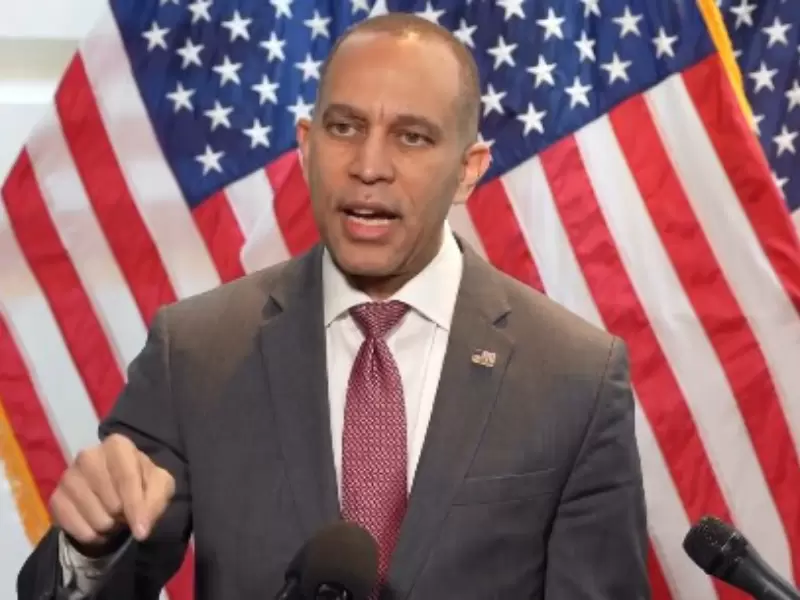




Comments
Start the conversation
Become a member of New India Abroad to start commenting.
Sign Up Now
Already have an account? Login